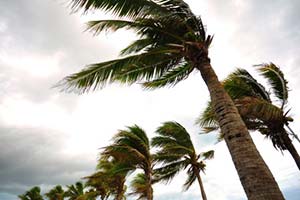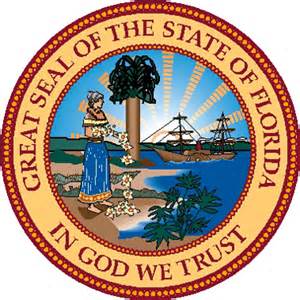The food industry continues to cope with power outages in parts of Florida following Hurricane Irma, which barreled through the state on Sunday, causing at least 22 deaths as well as massive wind and flood damage. The storm hit just one week after Hurricane Harvey devastated Houston, Texas.
 Officials urged approximately 6.3 million people in the state to evacuate their homes before Irma made landfall on September 10, in the wake of ravaging a number of Caribbean islands in its path. As Irma moved up Florida’s western coast, it weakened into a tropical storm before dropping heavy rain on Georgia, North Carolina and South Carolina.
Officials urged approximately 6.3 million people in the state to evacuate their homes before Irma made landfall on September 10, in the wake of ravaging a number of Caribbean islands in its path. As Irma moved up Florida’s western coast, it weakened into a tropical storm before dropping heavy rain on Georgia, North Carolina and South Carolina.
In advance of the Irma’s arrival, operators of refrigerated warehouses such as United States Cold Storage took preparedness measures to mitigate the storm’s potential impact on its frozen food stocks. Temperatures were lowered, fuel service was secured, generators were placed on standby, and access to facilities was safeguarded.
Florida is a major producer of citrus, vegetables, cane sugar and other foodstuffs. Frozen concentrated orange juice futures spiked last week as Irma neared the state, but retreated this week. Coca-Cola, whose brands include Minute Maid, has reported that its juice processing operations are back up and running.
On the foodservice front, many restaurants are still without electrical power and thus not open for business. Florida is a major foodservice market, where approximately 39,000 restaurants employ more than a million people and generate almost $42 billion in annual revenues, according to the National Restaurant Association.
McDonald’s stock fell 3.6%% to $155.77 on September 12 as concern mounted among investors that hurricane fallout in Florida and Texas will weigh significantly on this quarter’s sales results. Prior to the storms share value had been up 33% this year, bolstered by the fast food company’s outperforming much of the restaurant industry.
Starbucks Corp. has also lost some perk due to Irma. On Monday it reported that more than 700 stores in the southeastern United States and Puerto Rico were temporarily shut down as a result of the hurricane. That followed the closure of more than 400 outlets in Texas because of Hurricane Harvey.





